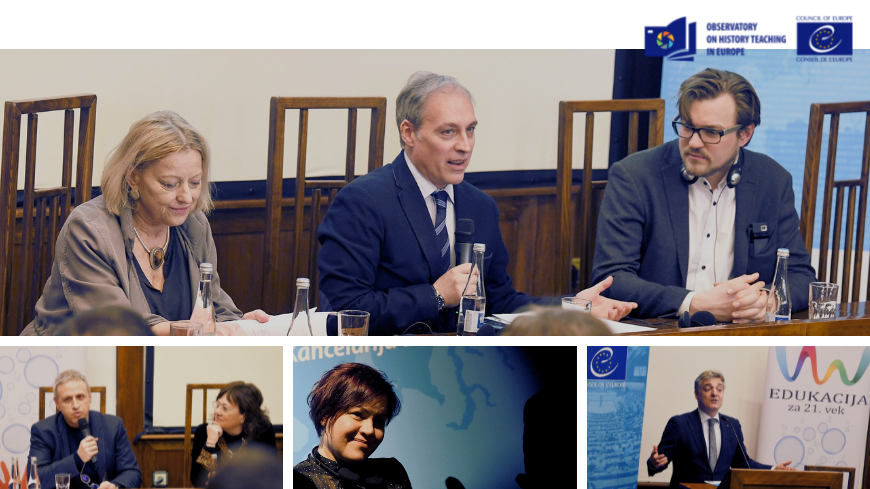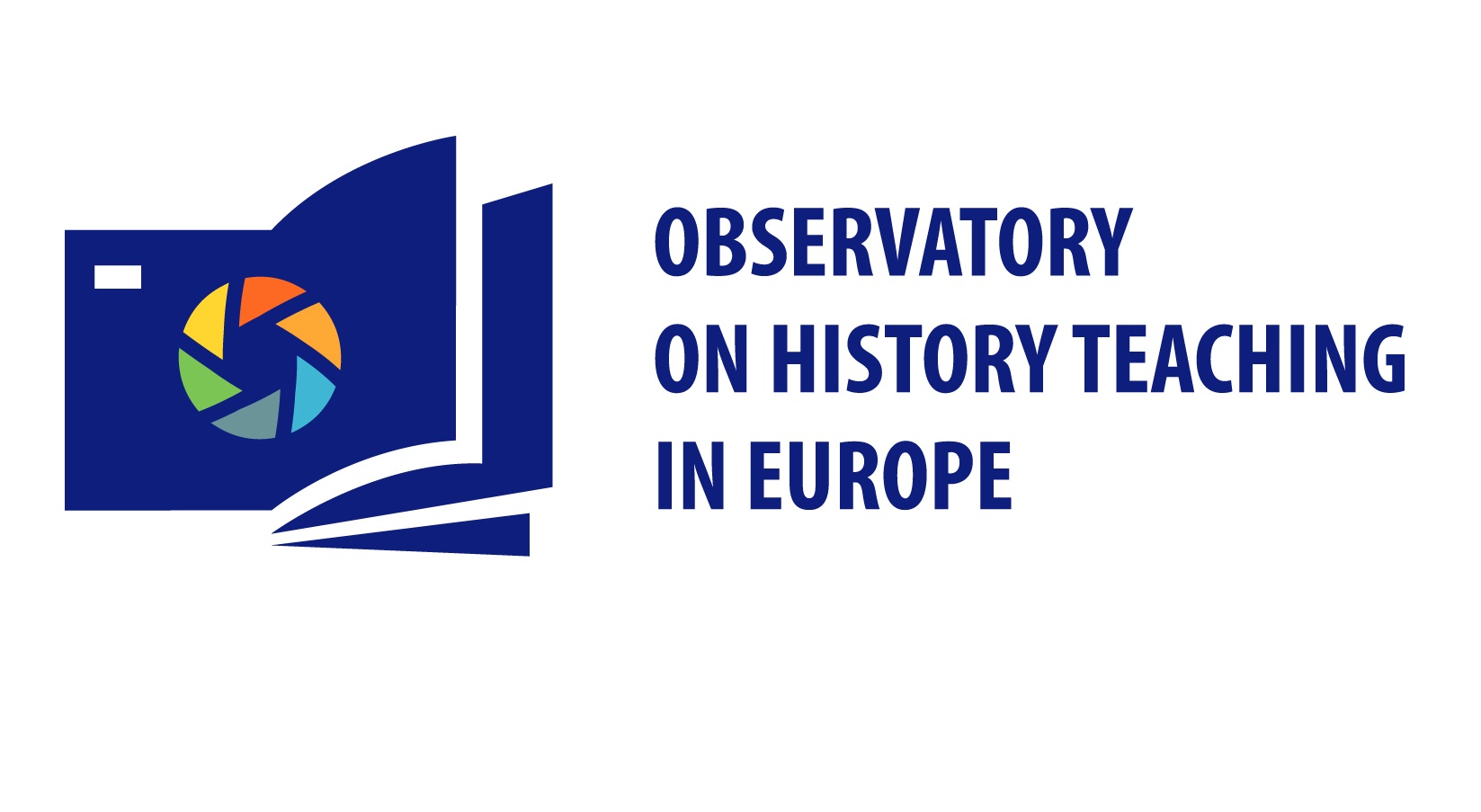Amidst a dark period for Europe, the use of historical arguments for the justification of illegitimate acts of war have been at the heart of the debate. The topic of “Challenges of history teaching in Europe” was rightfully chosen as the title of the event organised within the Month of Francophonie in Belgrade, that gathered main stakeholders working in the area of History Education.
The conclusions of the first Council of Europe seminar for history teachers in 1953”, said Tobias Flessenkempfer, Head of the Council of Europe Office in Belgrade, “have not lost any of their importance in light of the ongoing Russian aggression against Ukraine: it is especially necessary to avoid any interpretation of historical development which might be used in the particular interest of one state, or which might disturb the friendly relations between peoples."
The event aimed to not only discuss challenges in history teaching today, but also approaches to sensitive and controversial issues in history teaching in classrooms. Three ongoing projects along these lines were also presented during the event, namely “Learning to disagree – Education for the 21st century”, “Learning history that is not yet history 1 & 2” (EuroClio) and “Teaching about Holocaust – Terraforming”.
A particularly important challenge is to confront formal history education with the growing popularity of populist manipulations and abuses of history for political purposes”, said Mr Marko Šuica, Faculty of Philosophy of the University of Belgrade and member of OHTE’s Scientific Advisory Council. “The impetus for organising this event within the Month of Francophonie is the Enlarged Partial Agreement of the Council of Europe - Observatory for History Teaching in Europe, of which Serbia is a member.”
The Observatory on History Teaching in Europe was presented during a dedicated session and further represented by Ms Anamarija Viček, State Secretary within the Ministry of Education, Science and Technological Development of Serbia and Bureau member of the OHTE Governing Board.
Prof. Dr. Susanne Popp from the University of Augsburg, President of the International Society for History Didactics as well as Steven Stegers, Executive Director of Euroclio (European Association of History Educators), representing important institutional partners of the Observatory, spoke about challenges in history teaching today and presented reflections from Europe and Serbia.
The basic idea of the Observatory is to create a clear picture of the state of history teaching in member states of the extended partial agreement, to improve the teaching of history that could encourage the development of democratic culture, better mutual understanding and more harmonious relations between European peoples” further explained Mr Šuica during the event.
More information in the Articles below:
ENG: Challenges of History Teaching in Europe - News (coe.int)
SRP: Izazovi nastave istorije u Evropi - Вести (coe.int)
Event Report by Dr Šuica: Challenges of history teaching in Europe- international workshop – 10th – 11th March Belgrade




